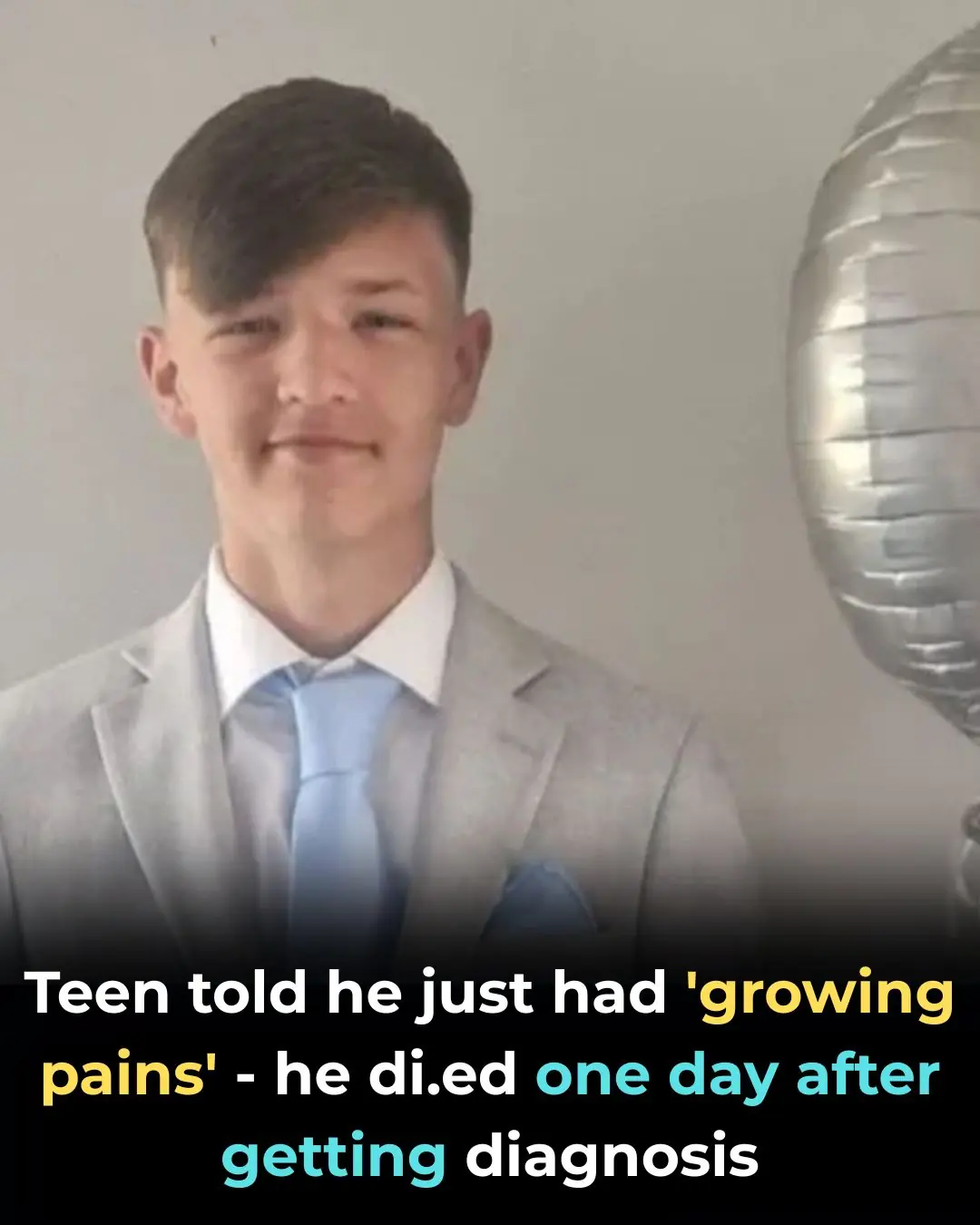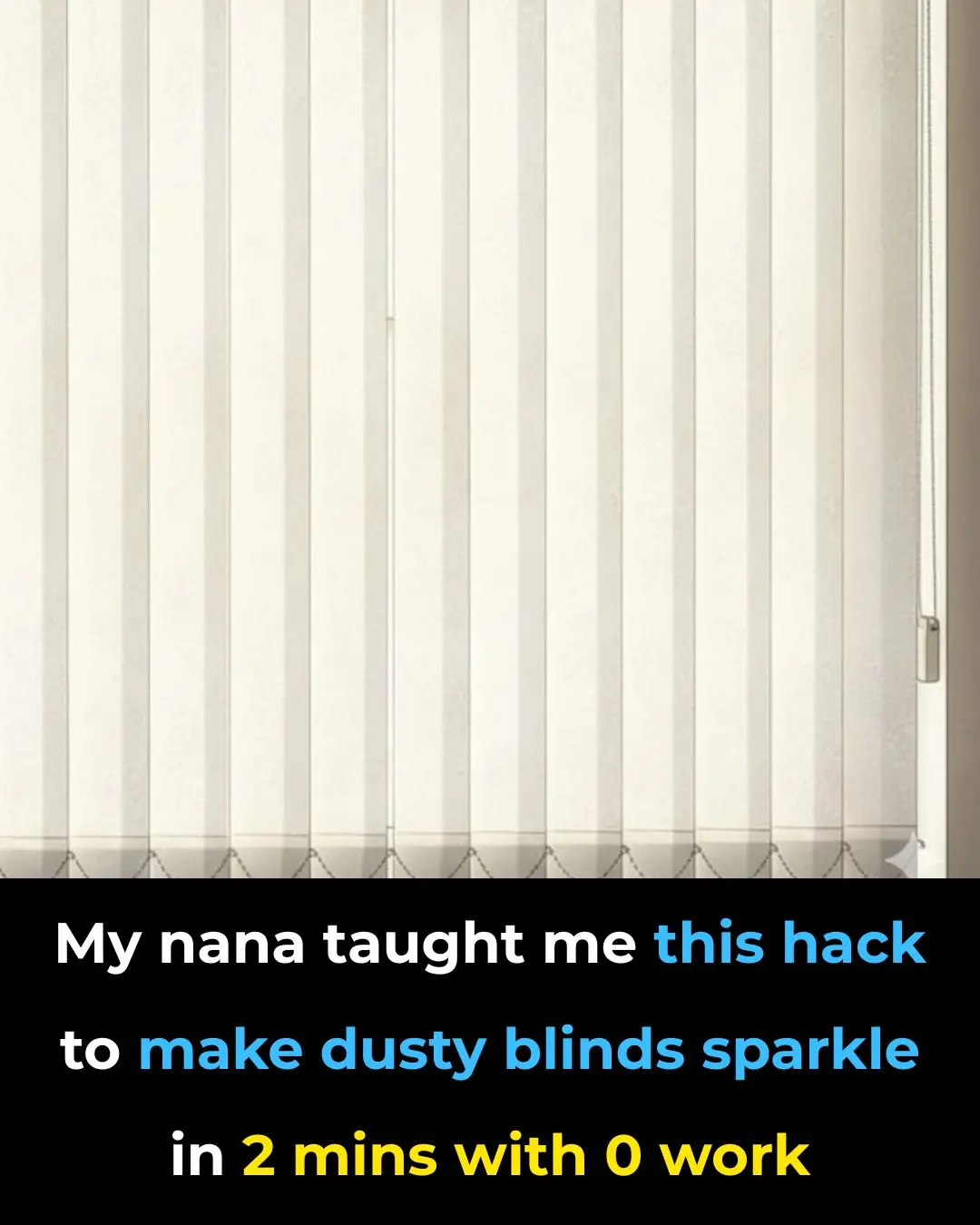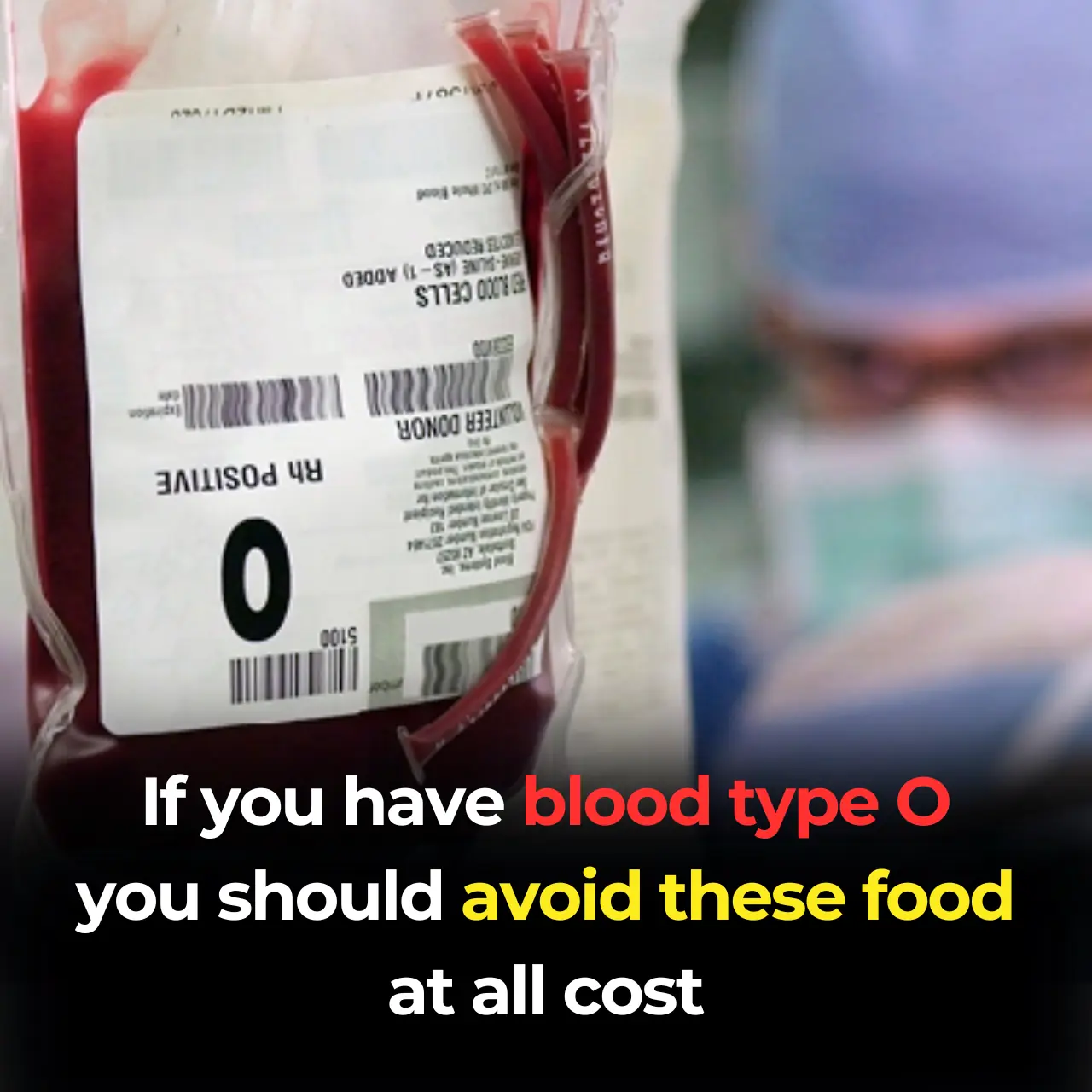
‘I’m Sorry. This Was Never You’: Black Man Wrongly Arrested and Jailed for a Month To Get $550K from Rhode Island Town, While ‘Overzealous’ Officer Responsible Is Punished
The City of Woonsocket, Rhode Island, has agreed to pay $550,000 to settle a civil rights lawsuit filed by a homeless Black man who was wrongfully arrested, misidentified, and jailed for 31 days for crimes he did not commit. The ACLU of Rhode Island (ACLU of Rhode Island) announced the settlement on behalf of Mack Blackie, whose attorneys said police fabricated identification claims and ignored clear evidence that he was not the perpetrator.

Blackie’s ordeal highlights systemic problems in policing, particularly in cases involving vulnerable people—issues that civil rights advocates say mirror similar wrongful arrests around the country. According to The Public’s Radio in Rhode Island (The Public’s Radio), Blackie was twice arrested based on investigative shortcuts and a detective’s inaccurate statements, which ultimately kept him behind bars simply because he could not afford a $100 cash bond on a $1,000 bail.
A Break-In Leads to a False Accusation
The case began in August 2022 when the Woonsocket apartment of William Grover and Veronica Higbie was broken into. Grover initially told police that the man he knew as “Black” had entered his home, emphasizing that he could identify him again if needed. But when then–Detective Timothy Hammond, a 15-year veteran of the department, followed up, he repeatedly asked Grover if Mack Blackie was the culprit. Grover, who knew both men from the neighborhood, explicitly explained that it was not Blackie, even describing physical differences: Blackie is shorter, heavier, and has better teeth.
According to the federal lawsuit filed in October 2024 (U.S. District Court, Rhode Island), Hammond failed to schedule a photo lineup he had promised—an omission that proved crucial. Instead, he falsely wrote in official police reports that Grover had “positively identified” Blackie as the intruder. Hammond then repeated the falsehood in an affidavit for an arrest warrant, which set off a chain of events that Blackie would later describe as life-changing and traumatic.
Arrested While Seeking a Meal
Blackie, a Liberian immigrant who had lost his delivery truck job during the pandemic, was homeless and struggling when he was arrested on August 30, 2022. Officers detained him as he walked toward a neighborhood park to get a free meal. According to The Public’s Radio (The Public’s Radio), he collapsed the next morning in court due to alcohol withdrawal, requiring several days of hospitalization.
After stabilizing, he tried to rebuild his life, got sober, and sought work—but months later, police arrested him again for the same incident, still without ever showing the victims a photo of the man they had taken into custody.
Because he was on probation, the second arrest triggered an automatic hold, and he spent 18 days in jail with no bail option. Once bail was eventually set, his inability to pay even the $100 required kept him incarcerated an additional 13 days, until a staff member from the nonprofit Milagros Project, where he volunteered, paid the fee on his behalf.
A Chance Encounter Clears His Name
In February 2023, the truth surfaced almost by accident. At a pretrial conference, Grover and Higbie saw Blackie in the courthouse hallway and immediately realized they had never identified him.
Higbie reportedly approached him, saying:
“I am so sorry, honey. I am so sorry. This was never you.”
The couple told prosecutors, and all charges were dropped that same day. The glaring mistake echoed other wrongful identifications nationwide—cases the New York Times has reported often stem from faulty police procedures or confirmation bias (New York Times).
Consequences for the Officer — and a Long Path to Accountability
Officer Hammond was later suspended for 10 days and demoted for failing to follow standard investigative protocols. Woonsocket police told WPRI that he “accepted responsibility” and remains on the force (WPRI). The department said he had been “overzealous” and overwhelmed by caseload volume, but internal investigators acknowledged that the misidentification could have been prevented.
The lawsuit accused Hammond and the city of violating Blackie’s constitutional protections against unreasonable searches and seizures, as well as committing false arrest, false imprisonment, and malicious prosecution. The ACLU sought compensation for emotional trauma, lost liberty, financial damage, and legal expenses.
Under the settlement, Blackie will receive $465,425, while his attorneys will receive $84,575. A federal judge must still formally approve the agreement. The city denies liability despite agreeing to the payout—a common practice in municipal settlements designed to avoid prolonged litigation, according to reporting from USA Today on similar cases nationwide (USA Today).
Moving Forward After a Traumatic Year
Blackie, now 37, has rebuilt parts of his life. He has remained sober for three years and works bussing tables at an Olive Garden restaurant (The Public’s Radio). He currently sleeps on a friend’s couch while trying to save money for stable housing.
“I am grateful and thankful to God for making everything successful and am happy and glad justice has been done,” he said in the ACLU’s public statement.
His attorney, Joshua Xavier, told WPRI that Blackie plans to use the settlement funds to secure housing, buy a car, and build a college fund for his 14-year-old daughter. “He’s a really decent human being… what happened to him is nothing less than tragic,” Xavier said.
Woonsocket’s Public Safety Director Eugene Jalette called the case “very unfortunate,” adding that the department must avoid similar mistakes in the future. While emphasizing that Hammond acknowledged his error, Jalette expressed regret:
“Hopefully, he can find healing and closure with what he went through.”
For Blackie, the settlement is more than money—it is recognition of the month he lost behind bars, the fear he lived through, and the profound consequences of being misidentified by the very people meant to protect him. His case now stands as a sobering reminder, echoed in national reporting by outlets such as CNN (CNN), that wrongful arrests disproportionately impact vulnerable and marginalized individuals, often derailing their lives for years.
News in the same category


EVERYTHING JAMES FRANCO SAID ABOUT BEING ‘CAST OUT’ FROM HOLLYWOOD DURING HIATUS

Strictly Come Dancing star eliminated from competition on their birthday

Coronation Street's Lucy Fallon shows off huge ring as she announces engagement

MAFS UK’s ‘strongest’ couple split after romantic display at reunion

Princess Beatrice says ‘it can be incredibly lonely’ in new podcast interview

I'm A Celeb's Kelly Brook's brutal response about her weight to online trolls

Kerry Katona says birthday ‘triggers’ depression over foster care memories

MAFS UK’s Davide breaks silence over ‘painful’ split from Keye

If You See A Purple Butterfly Sticker Near A Newborn, Here’s What It Means

16-Pound Giant Baby Made Headlines In 1983, But Wait Till You See Him Today

World’s Most Secret Underground Villa Built By A Woman Living Off The Grid

My nana taught me this hack to deodorize trash cans in 2 mins with 0 work. Here’s how it works

Neat Hack

I Had No Idea What That Little Fabric Square Was For — Until Now

12 Weird but Genius Ways to Unclog Things Naturally

Put Borax on Wax Paper and Slide It Under Your Fridge — Here’s Why

10 Surprising Ways to Use Vinegar Around the House

Works Like a Charm

My nana taught me a brilliant 2-minute hack that makes dusty blinds sparkle with zero effort — here’s how it works
News Post

From White Hair to Naturally Darker Hair: Fast Home Remedies & Growth Tips

Teen told he just had ‘growing pains’ dies day after diagnosis

7 Ways To Use Vaseline For Wrinkle Free, Flawless Skin

EVERYTHING JAMES FRANCO SAID ABOUT BEING ‘CAST OUT’ FROM HOLLYWOOD DURING HIATUS

The #1 seed that makes bones & muscles strong—how to use it!

14 Warning Signs of Low Magnesium Levels and What to Do About It (Science Based)

Strictly Come Dancing star eliminated from competition on their birthday

Top 10 Foods to Heal Knee Pain and Boost Cartilage Naturally

Blood Type O Diet: What to Eat and What to Avoid

7 nutrients that actually repair nerves

Coronation Street's Lucy Fallon shows off huge ring as she announces engagement

MAFS UK’s ‘strongest’ couple split after romantic display at reunion

The Versatility and Benefits of Orange Peel Powder

The Hidden Power of the Honey Locust Tree (Gleditsia triacanthos): Health, Healing, and Everyday Uses

This one vitamin could help stop you from waking up to pee every night

The Cold Room Sleep Trick That Can Transform Your Health

Princess Beatrice says ‘it can be incredibly lonely’ in new podcast interview

Leaf of Life – The Healing Plant Growing in Your Backyard (And You Had No Idea!)

I'm A Celeb's Kelly Brook's brutal response about her weight to online trolls
